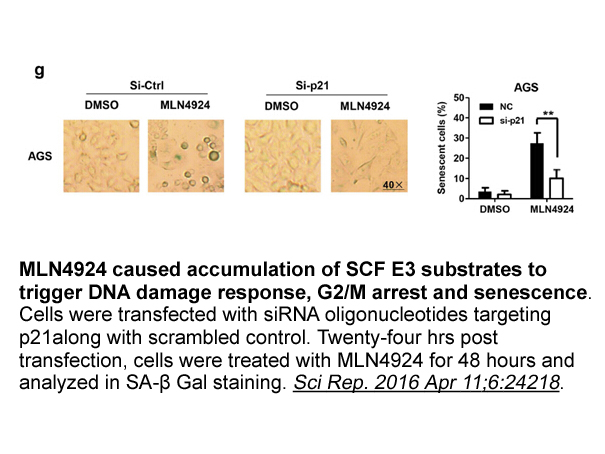Archives
br In its July editorial drew attention
In its July editorial, drew attention to the ethical challenges posed by the Zika amyloid outbreak. The Regional Program on Bioethics at the Pan American Health Organization (PAHO) arranged an ethics consultation, funded by the Wellcome Trust, to provide ethically sound guidance for the outbreak. Ethicists—mostly from the Americas—and other professionals involved in the response analysed the ethical issues that affected countries had identified as most challenging, and developed ethics guidance for health-care delivery, public health, and research.
Some challenges in Zika virus ethics are new. For the first time, a mosquito-borne virus infection has been shown to cause congenital malformations. Despite growing evidence about the virus and its consequences, uncertainty and diagnostic challenges prevail. In this scenario, PAHO\'s Zika ethics guidance highlights the moral duty to give women of childbearing age up-to-date information, the capacity to choose between all relevant reproductive options, access to comprehensive reproductive health care, and social support.
Some of these challenges are, however, old. The difficulties of catalysing research during an emergency, distinguishing research from public health activities involving data collection, sharing data promptly, obtaining consent for research during an outbreak, handling uncertainty in communications, and setting priorities during an emergency were raised by the affected countries as most pressing. Yet reflection on these ethics issues has already taken place; for example, after the Ebola virus outbreak.
Following the devastating earthquake in 2015, outbreaks of scrub typhus have been reported in Nepal, a country situated in the tsutsugamushi triangle. Buddha Basnyat (August, 2016) points out the diagnostic dilemma faced by resource-limited Nepal, and outlines a plan for empirical treatment f or undifferentiated fever. In the present context of Nepal, Basnyat\'s view on the use of doxycycline as an empirical agent for undifferentiated febrile illness is justifiable. However, we would like to highlight that suspected and proven doxycycline-resistant scrub typhus and strains with reduced clinical susceptibility to doxycycline, as compared with other drugs such as rifampicin, have been well documented. Considering the large number of serotypes of , although this might not hold true in the context of Nepal, the possibility of resistant or less-susceptible serotypes cannot be ruled out. If such cases are prevalent, a single dose of azithromycin could be a good alternative to a week-long course of doxycycline. We therefore urge treating physicians to release pooled data regarding clinical response to different drugs on confirmed cases of scrub typhus in Nepal, so that in the future, patients can at least receive the optimum empirical therapy whenever scrub typhus is a factor. Finally, isolation and characterisation of the endemic to Nepal is needed, since integumentary system might have its own antibiotic-susceptibility profile; the knowledge of which will benefit the patients with a more specific and targeted antimicrobial therapy, in case future outbreaks occur.
or undifferentiated fever. In the present context of Nepal, Basnyat\'s view on the use of doxycycline as an empirical agent for undifferentiated febrile illness is justifiable. However, we would like to highlight that suspected and proven doxycycline-resistant scrub typhus and strains with reduced clinical susceptibility to doxycycline, as compared with other drugs such as rifampicin, have been well documented. Considering the large number of serotypes of , although this might not hold true in the context of Nepal, the possibility of resistant or less-susceptible serotypes cannot be ruled out. If such cases are prevalent, a single dose of azithromycin could be a good alternative to a week-long course of doxycycline. We therefore urge treating physicians to release pooled data regarding clinical response to different drugs on confirmed cases of scrub typhus in Nepal, so that in the future, patients can at least receive the optimum empirical therapy whenever scrub typhus is a factor. Finally, isolation and characterisation of the endemic to Nepal is needed, since integumentary system might have its own antibiotic-susceptibility profile; the knowledge of which will benefit the patients with a more specific and targeted antimicrobial therapy, in case future outbreaks occur.
I agree with Hemant Ojha and Sampanna Jung Rayamajhi that, although the suggestion to use doxycycline for treatment of a presumptive diagnosis of scrub typhus is justified, we clearly have to be on the lookout for doxycycline-resistant scrub typhus. Indeed, the Comment was written in an attempt to serve as a wake-up call for more research on both typhus and typhoid, especially regarding reliable, rapid diagnostic tests to distinguish between these kinds of undifferentiated febrile illnesses in the tropics. Undifferentiated febrile illnesses are defined as fever without a clear-cut focus of infection.
The necessity of rapid diagnostics is brought home by the fact that the first two references cited in support of Ojha and Rayamajhi\'s argument deal with not only proven but also suspected cases of scrub typhus. Because of the substantial overlap in symptoms between typhus, typhoid, and other undifferentiated febrile illnesses, such as malaria, dengue fever, and leptospirosis, it is important to make the right diagnosis so that treatment can be specific.